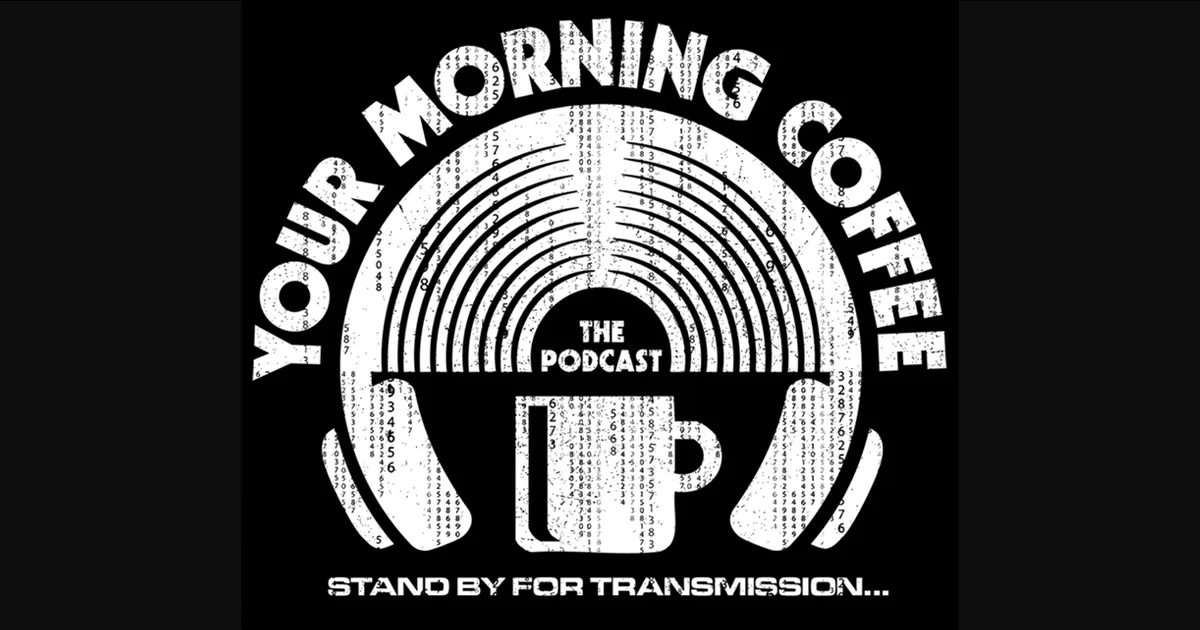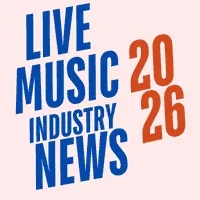Guest Post by Shelley Taylor on Digital Fan Clubs
In what seems like an admirable attempt to dis-intermediate (get rid of the middle men) in the music industry, to put the power (and revenue) back into the hands of the actual content creators – musicians – Jay-Z et al launched a music streaming service supposedly owned by the artists themselves. This is in contrast to the other (huge) streaming service that could be sold for $10 billion to Apple (a Lefsetz spoof but probably a good idea), another giant – Spotify – who is owned by some shareholders, the largest of whom are the record labels.
There is a lot more to this story, but there are better minds than mine, Bob Lefsetz and The Independent among them, doing their journalistic duty in cutting this Tidal wave down to a few insignificant drops of water in an immense ocean of music industry failures.
Jay-Z and his buddies are part of the music industry establishment. What we are watching is the digital version of the Game of Thrones. One kingdom against another. The Tidal founders are just the newer generation. They have their own labels and management companies. They too are in this for the money, just like those before them. But let’s not kid ourselves – theirs is not a power-of-the-people revolution. Tidal is (was) simply an effort to shift the riches from the more established, old school labels, to the new kids on the block. But the mistake they made is to try to do it in the same way as has already been done. There was nothing revolutionary in their new streaming service, nothing to make people tune in and turn off Spotify. They attempted a coup, and failed (or will fail).
What the music industry really needs is a revolution.
The would-be usurpers thought that shouting loud about their new toy – the new next best thing – would somehow make it real, or valuable or needed. It was just so much propaganda. The establishment uses propaganda too to control people. Jay-Z and his buddies are just up to the same old tricks as their predecessors.
I believe in the little engine that could. We all like to see the little guy can win. But how can a company with an investment of $50 something million compete with a company that could be sold for $10 billion? Maybe it could if it were clearly filling a need that had not yet been addressed. But Spotify and iTunes, at least for streaming, are an unbeatable combination. None of us are going to pay more for a service that we already have.
This Tidal wave is not a grass roots, power-to-the-people revolution. But we do need a digital revolution for content creators. The royalty that have amassed all the riches – Facebook, iTunes, Google, Spotify, Amazon – hold the keys to the kingdoms because they own the distribution channels. They now own your fans and customers. The digital royalty have used you to herd your customers and fans into their locked paddocks and their protected estates.
Little by little you are waking up, feeling the limits of your so-called freedom, wondering what it would feel like to own your own little plot of land, your own private social network, your own channel.
Freedom comes at a cost. And the price is sweat, blood and tears. It will take a huge effort to shift away from the passive, yet addictive habit of posting on other people’s social networks. You love all those Likes and followers, but you are seeing that the kings have locked you out of their territories. They no longer broadcast what you are saying to those very customers and fans who joined the networks to hang out with you.
You will have to stop listening to their propaganda, the sirens employed by those who want what you have – your audiences. You will have to swim against the stream, to close your ears to the temptations (and lies) of the royalty. You will have to lead your own grass roots efforts, become one with your customers and fans again. You’ll need to find new tools and new ways to communicate directly with those who you love and love you. You’ll have to take your mind back. This is the real challenge. The real revolution will need you at the center of it. In order for you to hold your own keys to your own kingdom, you will need to be at the center of it.
You need to build your own channel, own your own real estate, plant and cultivate your own seeds of creativity instead of sending the bulk of your harvest to those who have cunningly and secretly enslaved you. The real revolution won’t be televised like the Game of Thrones. It will be live.




